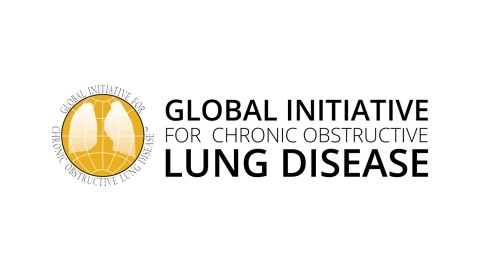Chronic respiratory diseases (CRD), particularly chronic obstructive pulmonary disease (COPD) is a leading cause of noncommunicable disease (NCD) associated morbidity and mortality. Most CRD associated deaths occur in low- to middle-income countries (LMICs) where access to life saving inhaler medications remains low.
In Africa, where the burden of COPD is rising due to factors such as air pollution, climate change, and tobacco use, many individuals struggle to breathe and often die prematurely because they cannot access lifesaving inhalers. Compounding the very low access to inhalers is the fact that needed inhalers are not recorded on many national essential medicine lists. In Nigeria, the most populous African country, inhalers are often unavailable and unaffordable, forcing patients to rely on available but less effective and more harmful treatment options. Moreover, most policymakers are unaware about COPD and do not prioritise it on their policy agenda.
Under-diagnosis of COPD is also high in Africa and individuals with advanced disease are often left untreated. COPD knowledge is low among healthcare workers and population health literacy is also poor. Healthcare workers with appropriate knowledge and experience are needed to recognise and diagnose COPD, and patients must be educated to recognise their symptoms, present for diagnosis, and adhere to the prescribed treatment. These factors contribute directly to under-diagnosis and indirectly to medication unavailability and high costs following the forces of demand and supply.
Recognising that you cannot treat what you don’t diagnose, and you cannot treat well without the right toolkit, the Global Initiative for Chronic Obstructive Pulmonary Disease (GOLD) developed the Raising COPD Awareness in Africa (RACE Africa) project. Working across multiple African countries (Nigeria, Cameroon, Burkina Faso, Ethiopia and Rwanda), we educated health workers and raised COPD awareness in the general population. We developed and delivered a standard education programme for healthcare workers, supplying them with peak flow meters (as a pragmatic alternative to spirometers for measuring lung function) and a COPD screening questionnaire for COPD case finding. We also established a pathway for confirmatory spirometry referral across the sites. We developed educational videos, flyers, and posters and conducted community-wide campaigns to assess COPD awareness and distribute the educational materials.
One thing is clear — the RACE Africa project moved the needle, but improving access to inhalers is necessary to ensure that no one is left gasping for breath simply because an inhaler is out of reach.
Evidence and advocacy alone do not drive change; leadership does. Leadership turns evidence into action and moves policy neglect into policy prioritisation. Beyond high-level meetings, adoption and implementation of policies are key. To improve access to inhalers in Africa and LMICs the following actions are needed:
- Governments must adopt and implement policies that ensure inhalers are included in national essential medicines lists, and national health insurance schemes. Including reference to the need for affordable, effective inhaled therapies for COPD in the Political Declaration of the UN High-Level Meeting on NCDs and Mental Health would be an important step towards encouraging governments to act.
- Enhancing COPD visibility promotes incorporating it into the health agenda because it is difficult to garner investment in something that is invisible. Engaging communities and the media, providing continuous healthcare worker training, and facilitating the sharing of lived experiences can humanise the disease, foster citizen science, and drive greater advocacy for improved inhaler access.
- Regulatory approvals that harmonise procurement, ensuring cost containment and consistent supply, are also needed.
Access to inhalers is a matter of equity and justice. It is about the right to breathe and live. This right should be equal to everyone regardless of where they are born or where they live. It is also a call to close the leadership gap in NCD management. GOLD is committed to achieving a UN commitment to improve access to inhaled medicines and working with governments to ensure it is implemented. This requires investment, accountability, and, importantly, a shared leadership mindset that sees every step as a step toward justice. We recognise that growth often occurs in waves, but leadership sustains the flow. The RACE Africa project was one wave that we must build upon by making access to inhaled medicines a reality for all.







